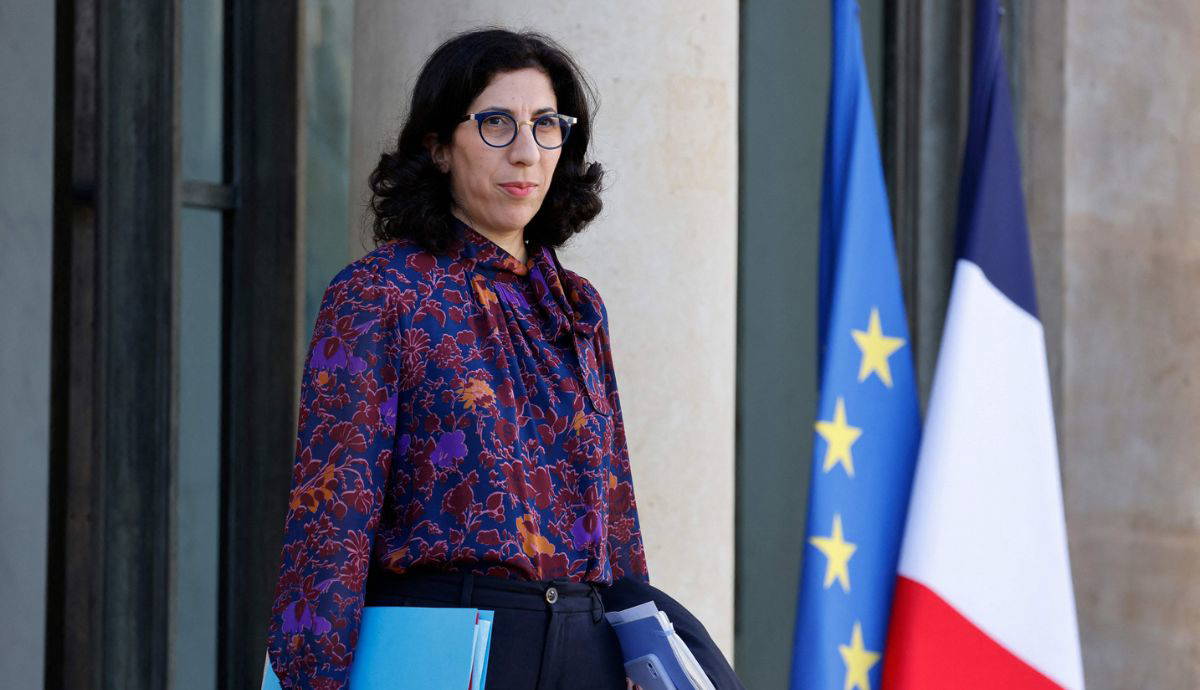
France adopted a new law, which refers to enabling the restitution of works of art forcibly taken during the Second World War. French Culture Minister Rima Abdul-Malak introduced this law earlier this year. The law applies to works of art owned by Jewish collectors, looted by the Nazis between 1933 and 1945. Also, this change is the first in a series of three expected amendments.
France’s First Step in Recognizing Crimes Against Jews

This reform enables the transfer of stolen works of art owned by the state, bypassing the parliament. This means the permission of the representatives will not be necessary for the activities. The old tradition of French laws indicates the inalienability of state-owned objects. Moving them often requires a long and complex process. It usually takes years, and restitution often gets prevented.
With the new laws, all that is necessary is proof that valuables were stolen from their Jewish owners. Only the permission of the special committee is necessary for this. Overall, that is the Commission for the Compensation of Victims of Spoliation. “This is a law of action, ensuring that the duty of remembrance and vigilance translates into concrete legal action”, the Culture Minister said in a statement.

The French Senate already passed the reform on May 23. Also, the National Assembly on June 29. On July 12, the Parliament formally approved the legislation. This is an important step in changing French laws. It is also the first step towards acknowledging the crimes committed against the Jews during the Second World War. This was also an important priority of the French minister.
The Need to Accept Its Own History

During her first speech in the new year, the minister talked about the introduction of a law that would facilitate the relocation of public artifacts. This refers the one just passed, in addition to two related laws pertaining to artwork and human remains obtained under the colonial period. The need to change the law also existed outside the Ministry of Culture. In previous years, the French president also spoke about the return of art to Africa.
The declaration elevated France to the upfront of a broader, intercultural discussion regarding return and decolonization. However, barely thirty of the projected 90,000 African artefacts that the nation had at the moment of Abdul Malak’s speech in January had been returned to their native continent.

“I hope 2023 will be a year of decisive progress for institutions”, the culture minister said in her speech. France’s approach to its own history is “neither one of denial nor of repentance, but one of recognition”, she added. Representatives from the Ministry of Culture did not immediately respond to a request for comment on the status of the other two proposed restitution laws.










